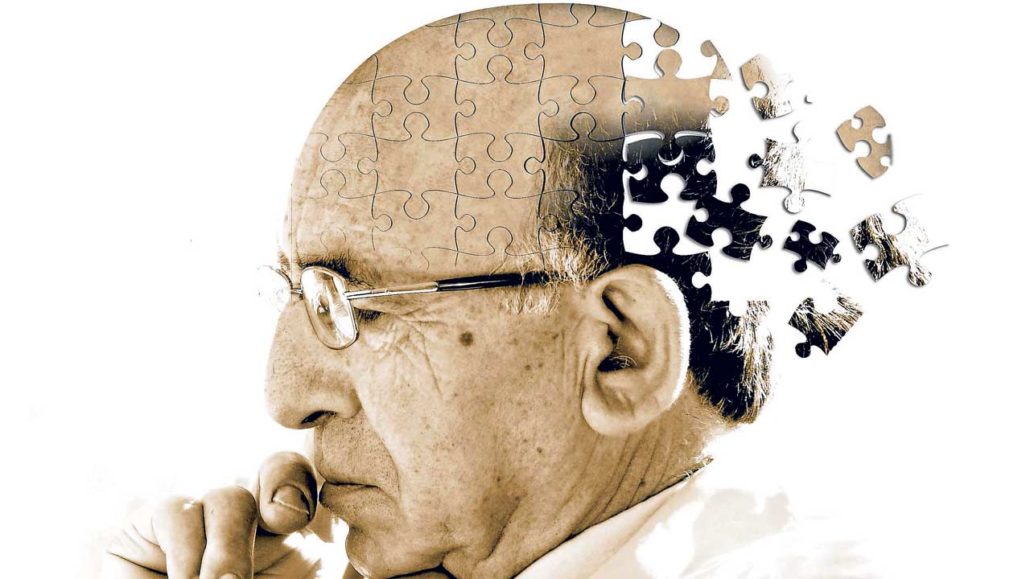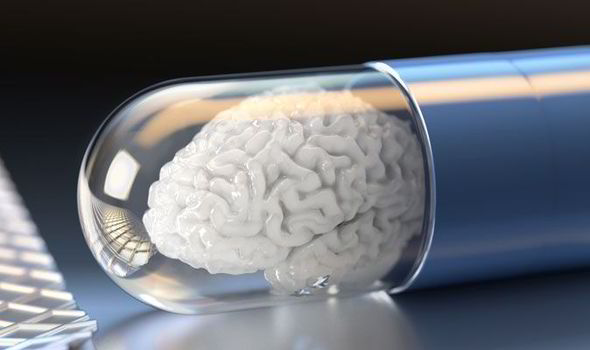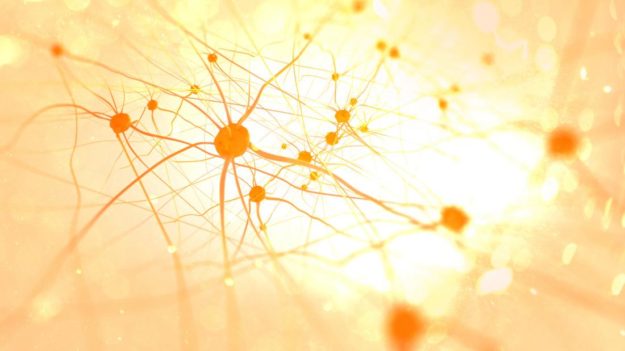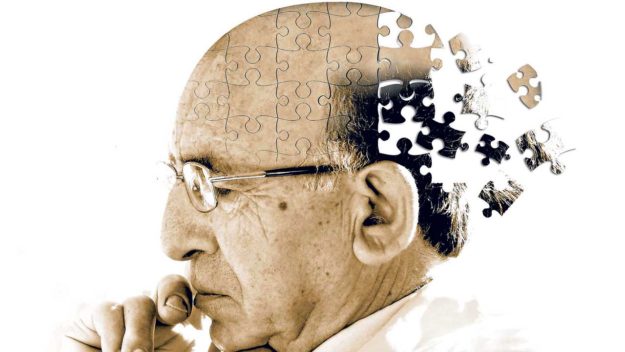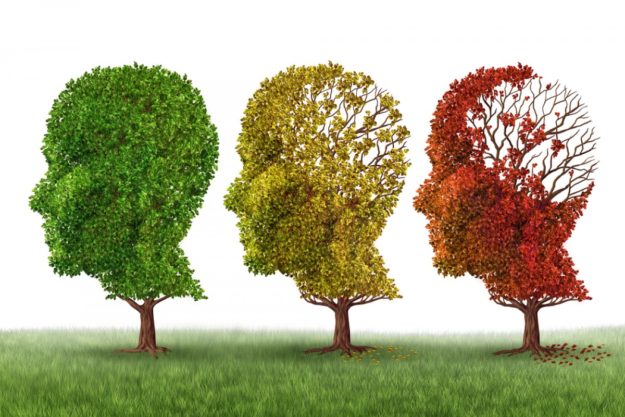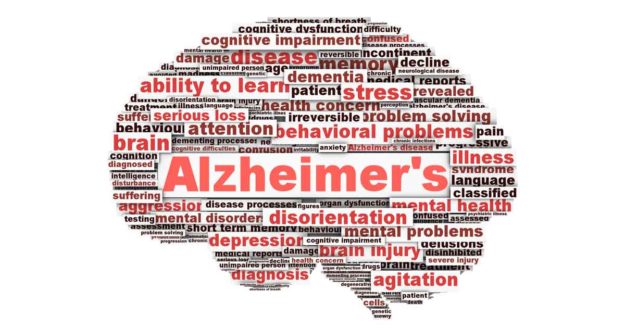What Does Alzheimer’s Do To The Brain?
It’s estimated that 50 million people worldwide are living with Alzheimer’s disease. This number is rising slowly with the fast aging populations in several countries.
Alzheimer’s is a deadly neurodegenerative disease that causes a progressive loss of cognitive function, ability to complete daily tasks and various levels of physical and emotional stress. Cells begin to lose their functions and subsequently die, resulting in memory loss, a decline in cognitive abilities and major personality changes.
Certain brain regions also shrink, a process termed atrophy, leading to a huge loss of brain volume. What is going in the brain to cause atrophy?
Alzheimer’s wants to disrupt neuron’s ability to communicate with each other, the specialized cells that primarily process and transmit electrical and chemical signals between regions of the brain. As a result, the death of brain cells occurs, and thanks to recent research we believe this is due to an abnormal amount of two types of protein in the brain: amyloid and tau. Amyloid forms into sticky clusters known as beta-amyloid plaques while tau collects inside dying cells as neurofibrillary tangles.
One of the hardest things regarding Alzheimer’s diagnoses is that there’s no definitive and reliable way to measure protein buildup in the beginning stages of the disease. The only entirely accurate way to diagnose Alzheimer’s disease is to complete an autopsy and examine the deceased’s brain for these protein clusters and shrinkage.
Another complication is that beta-amyloid plaques may also appear in the brains of healthy individuals; which suggests the clusters of protein may not be the one answer to determining the cause of Alzheimer’s.
Recent studies believe chronic inflammation may also be involved. Inflammation is the body’s defense mechanism against Alzheimer’s and happens when white blood cells release chemicals to protect the body from foreign agents. However, over time, it can also cause severe damage.
You can view the full article here.
Most from this category
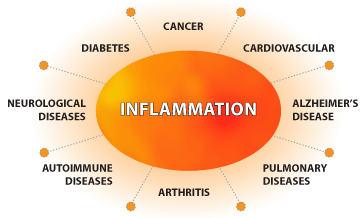
Another Study Reveals Inflammation Accelerates Progression of Alzheimer’s Disease
alzheimershelp - December 21, 2017
Protecting Neurons Could Prevent Depression and Cognitive Deterioration Caused by Alzheimer’s
alzheimershelp - November 8, 2017

